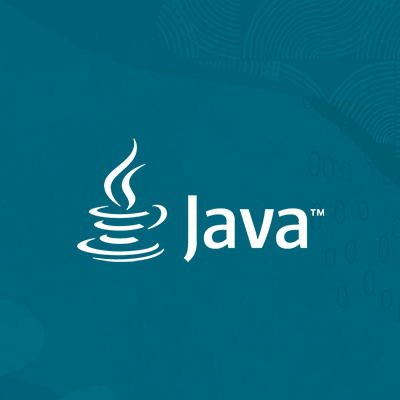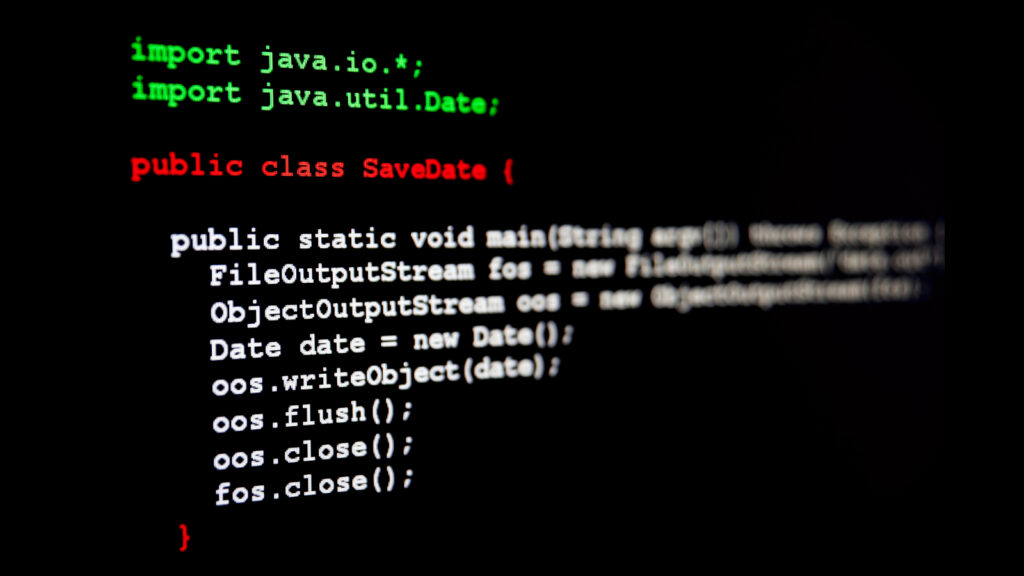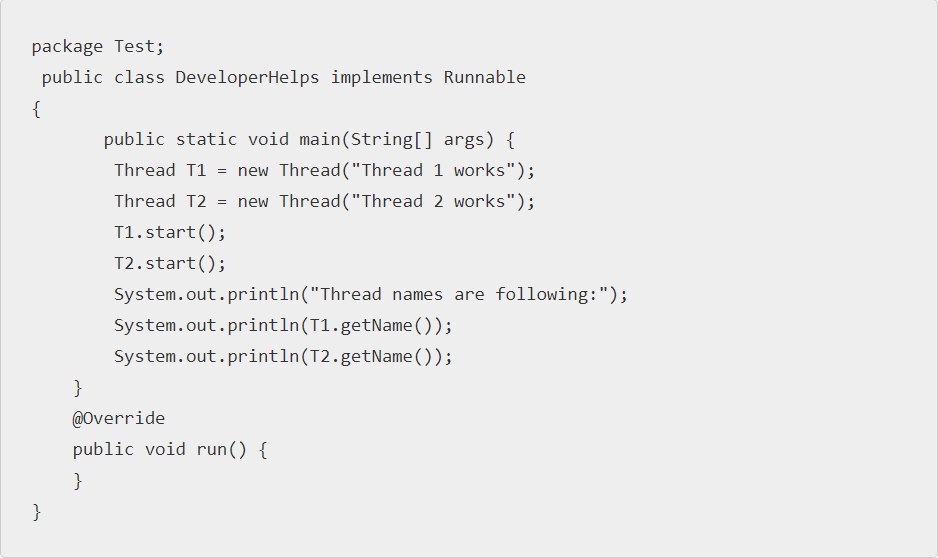Java
WHAT IS JAVA?
- Java is a high-level, general-purpose programming language that was developed by Sun Microsystems (now owned by Oracle Corporation) and first released in 1995.
- It is known for its platform independence, allowing Java programs to be executed on any device or operating system with a Java Virtual Machine (JVM), thanks to its “write once, run anywhere” principle.
- Java is an object-oriented language, promoting modular and reusable code through concepts such as encapsulation, inheritance, and polymorphism.
- It offers a robust standard library, automated memory management through garbage collection, built-in multithreading support, and a strong emphasis on security, making it suitable for various domains including web development, mobile app development, enterprise software, scientific computing, and more.

USE OF JAVA
- Java is extensively used in web development to create dynamic and interactive websites and web applications. Popular Java web frameworks like Spring, JavaServer Faces (JSF), and Play Framework provide robust tools and libraries for building scalable and secure web systems.
- Java is the primary programming language for developing Android applications. Android Studio, the official IDE for Android development, supports Java and provides a rich set of APIs and tools for creating feature-rich and platform-compatible mobile apps.
- Java is widely employed in developing enterprise software, including customer relationship management (CRM) systems, supply chain management systems, and financial applications. The Java EE (Enterprise Edition) platform, with its extensive set of APIs and frameworks, enables the development of scalable, reliable, and secure enterprise-grade solutions.
- Java is used in big data processing and analytics. Apache Hadoop and Apache Spark, popular open-source frameworks for big data, are built on Java. Java's scalability, concurrency support, and ecosystem of libraries make it suitable for processing and analyzing large datasets efficiently.
- Java finds applications in scientific computing and computational modeling. It provides libraries and frameworks, such as Apache Commons Math and Weka, which offer a range of mathematical and statistical functions, machine learning algorithms, and data analysis tools.
WHAT ARE THE FEATURES OF JAVA?
- Robust: Java places emphasis on helping users achieve error-free programming. One example of a process that supports this goal is runtime checking (RTC). RTC automatically detects and alerts users to runtime errors.
- Simple: Java is designed to be easy to learn. With the proper training and practice, it can also be easy to master. Its combination of automatic and structurally stable processes enables novice developers to build applications relatively easily.
- Object-oriented: Everything is seen as an object in the Java programming language. Each object belongs to a class and is uniquely characterized by its identity, state, and behavior.


Multithreaded: Java programs and applications benefit from its multithreaded nature. The multithreading process enables you to run programs separately yet execute them simultaneously. Additionally, threads share a common memory area, reducing the load on the central processing unit (CPU).
Secure: The secure nature of the Java programming language is one of its most lauded features. By default, Java provides several layers of security that enable you as a developer to create and run virus-free coding environments. Security components include Java having no explicit pointer, the separation of local and imported class packages by the classloader, and the compilation of Java programs into bytecode, to name a few.
- Platform-independent: Java sets itself apart from other programming languages by being a language that, once written, can run on any platform. With Java, there is no need for you to write separate code for Mac, Linux, or Windows. Instead, Java is a software-based language. Its code is compiled, converted into bytecode, then executed on any platform of your choosing.
THE BENEFITS OF LEARNING TO CODE WITH JAVA
Versatility and Wide Adoption – Java is one of the most widely used programming languages globally, with a large ecosystem and extensive community support. Learning Java provides access to a wide range of career opportunities in areas such as web development, mobile app development, enterprise software, data analysis, and more.
Platform Independence – Java’s “write once, run anywhere” principle allows programs written in Java to be executed on any platform with a Java Virtual Machine (JVM). This portability makes Java suitable for developing applications that can run on various operating systems and devices without major modifications.
Object-Oriented Programming (OOP) – Java is an object-oriented language, which promotes modular and reusable code through concepts such as encapsulation, inheritance, and polymorphism. Learning Java helps develop strong OOP skills, enabling you to create well-structured and maintainable code.
Robust Standard Library – Java comes with a comprehensive standard library known as the Java Development Kit (JDK), which provides a wide range of pre-built classes and methods for common programming tasks. This library simplifies development by offering ready-to-use functionality for tasks like input/output operations, networking, database connectivity, and more.
Abundance of Frameworks and Tools – Java has a rich ecosystem of frameworks and tools that simplify application development. Frameworks like Spring, Hibernate, and JavaServer Faces (JSF) provide powerful tools for building scalable web applications, while tools like Maven and Gradle automate the build and dependency management process.
